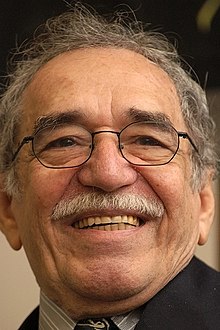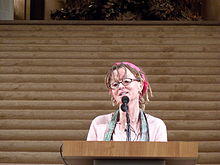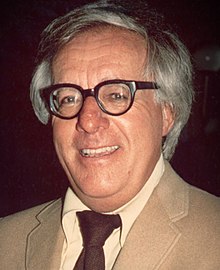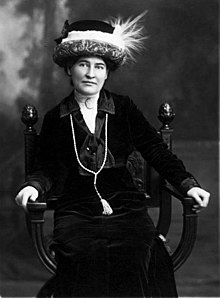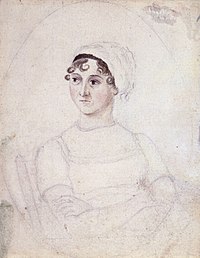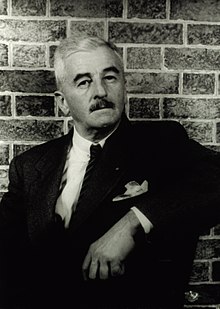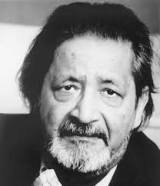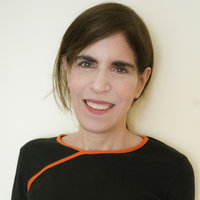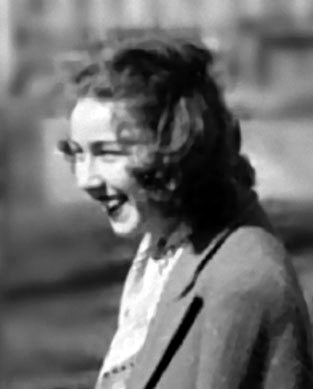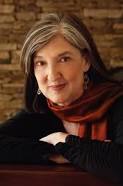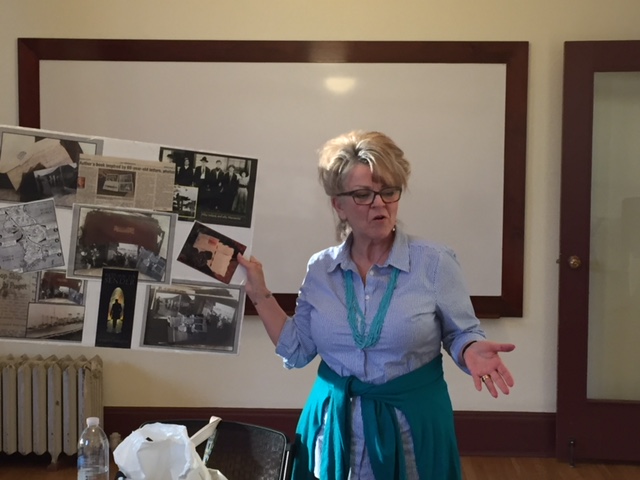
In my Seattle writing classes, I teach students the full range of narrative writing techniques as well as how to get published, including social media and book promotion. Now, obviously you have to write at a high level to get published, but you also need to be savvy about promotion. Mindy Halleck, an award-winning author and social media master, gave a superlative talk to my spring Seattle writing class about book promotion and author platform. These are subjects many writers would love to avoid, but as Halleck pointed out, you have to know something about them if you want to succeed as an author.
“If you want to be published,” she said, “you’ll want to learn what I have to say.”
Halleck insists writers need a brand, a website and a social media presence. She advises people to start small and build from there. While many people say this, usually publicists, Halleck’s opinion carries considerable weight because she’s also an author, who has to balance the need to write with the need to publicize her work.
“You need a platform if you want to sell books,” she told my Seattle writing classes. “You need an assortment of ways to engage your target market. The platform is the way you connect with readers. This matters whether you’re self published or traditionally published.”
Halleck is an award winning fiction writer, novelist, and social media and writing instructor. In 2014, after many years as a non-fiction author she released her debut novel, Return To Sender, a literary thriller set on the Oregon Coast in the 1950’s. In talking about social media to my Seattle Writing classes, she brought a refreshingly practical and pointed perspective to the discussion. She offers tips on all of this if you subscribe to her newsletter at MindyHalleck.com
For more on book promotion and narrative writing, please consider signing up for my summer Seattle writing class, Writing for Story.
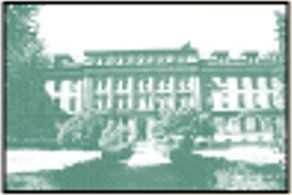 The Writer's Workshop
The Writer's Workshop 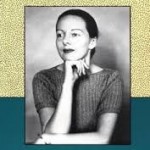

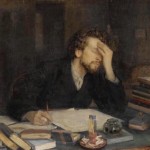
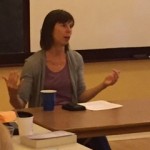
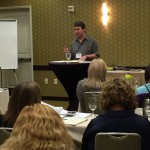
 Follow the Story will explore the genres of fiction and nonfiction. The eight-week course will introduce you to a wonderfully diverse mix of writing–personal essays, memoirs, profiles, travel stories, short light pieces and short stories. What are the “rules” and conventions of each genre? How can you use genre to deepen and enrich your own work? How can genre help you hit all the right notes in your writing? You’ll also learn essential techniques of narrative writing–dramatic scenes, dialogue, characterizations and scene by scene construction. The Seattle writing course will run January 13 to Feb. 24 on Wednesday evenings and one Monday evening, (Jan. 25) from 7 to 9 p.m. in Room 221 of the Good Shepherd Center in Wallingford (4649 Sunnyside Ave. N.)
Follow the Story will explore the genres of fiction and nonfiction. The eight-week course will introduce you to a wonderfully diverse mix of writing–personal essays, memoirs, profiles, travel stories, short light pieces and short stories. What are the “rules” and conventions of each genre? How can you use genre to deepen and enrich your own work? How can genre help you hit all the right notes in your writing? You’ll also learn essential techniques of narrative writing–dramatic scenes, dialogue, characterizations and scene by scene construction. The Seattle writing course will run January 13 to Feb. 24 on Wednesday evenings and one Monday evening, (Jan. 25) from 7 to 9 p.m. in Room 221 of the Good Shepherd Center in Wallingford (4649 Sunnyside Ave. N.)